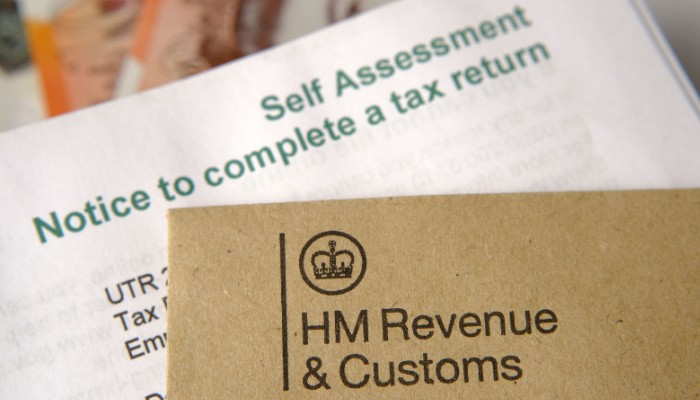There are many reasons why it may be necessary to file a Self-Assessment tax return, but most workers who are taxed through PAYE are exempt from having to do this.
This exemption previously had a total income ceiling of £100,000, but this threshold is now increasing to £150,000 (including gross salary, taxable benefits, and investment income).
At the end of May, HMRC confirmed in Issue 108 of Agent Update that the higher threshold for Self-Assessment tax returns will apply from the current tax year onwards.
This means that PAYE taxpayers who would have been required to complete a Self-Assessment return under the previous threshold – earning over £100,000 a year but less than £150,000 a year – may no longer have to do so from the 2023–2024 tax year.
When should you submit a self-assessment return?
Even if a PAYE employee earns an annual income below the new threshold of £150,000, other criteria could still require them to submit a Self-Assessment tax return.
This typically involves other income that has not been taxed through PAYE, such as:
- • Property rental income
- • Dividend or savings income
- • Income from a trust
- • Self-employment income above £1,000
- • Income from a business partnership
Taxpayers may also be required to file a Self-Assessment return if they are liable for paying the High Income Child Benefit Charge, or Capital Gains Tax under the new allowances.
Even if they don’t meet the above criteria, some taxpayers may want to submit a tax return anyway in order to claim tax reliefs for pension contributions or charity donations.
If you don’t file Self-Assessment tax returns, it’s important to check your tax code to make sure you’re paying correctly for taxable benefits and savings. There’s also a HMRC online service
that allows you to check whether you should be filing Self-Assessment returns
or not.
When is a self-assessment return not required?
Taxpayers who are likely to be affected by the Self-Assessment return threshold increase must still complete and submit their tax returns for the 2022–2023 tax year, due by 31st January 2024, for which the previous threshold applies.
Those who submit a 2022–2023 tax return with total annual earnings between £100,000–£150,000, who don’t meet any of the other criteria for filing requirements, should receive an ‘exit letter’ from HMRC confirming they do not need to file again from next year onwards.
In some cases, taxpayers may need to contact HMRC directly to inform them that filing a Self-Assessment return is no longer necessary. If you submit a return late when you aren’t required to submit one, you can apply for withdrawal and waiving of any penalties.
Get help with self-assessment tax returns
Though an adjustment affecting returns due by January 2025 may not seem pressing right now, it’s important to take this into account alongside other tax reforms that could change the amount of PAYE tax
you pay or how you manage taxes on self-employment income.
While Making Tax Digital for ITSA won’t become mandatory until April 2026, HMRC scrapped paper tax returns this year, meaning everyone needs to get to grips with filing Self-Assessment tax returns online as soon as possible – ready or not.
If you are uncertain about your Self-Assessment tax liability or need help setting up digital accounting for online tax management, you’re in the right place to find professional assistance. Get in touch with our Barnsley accountants to benefit from our range of financial services.
